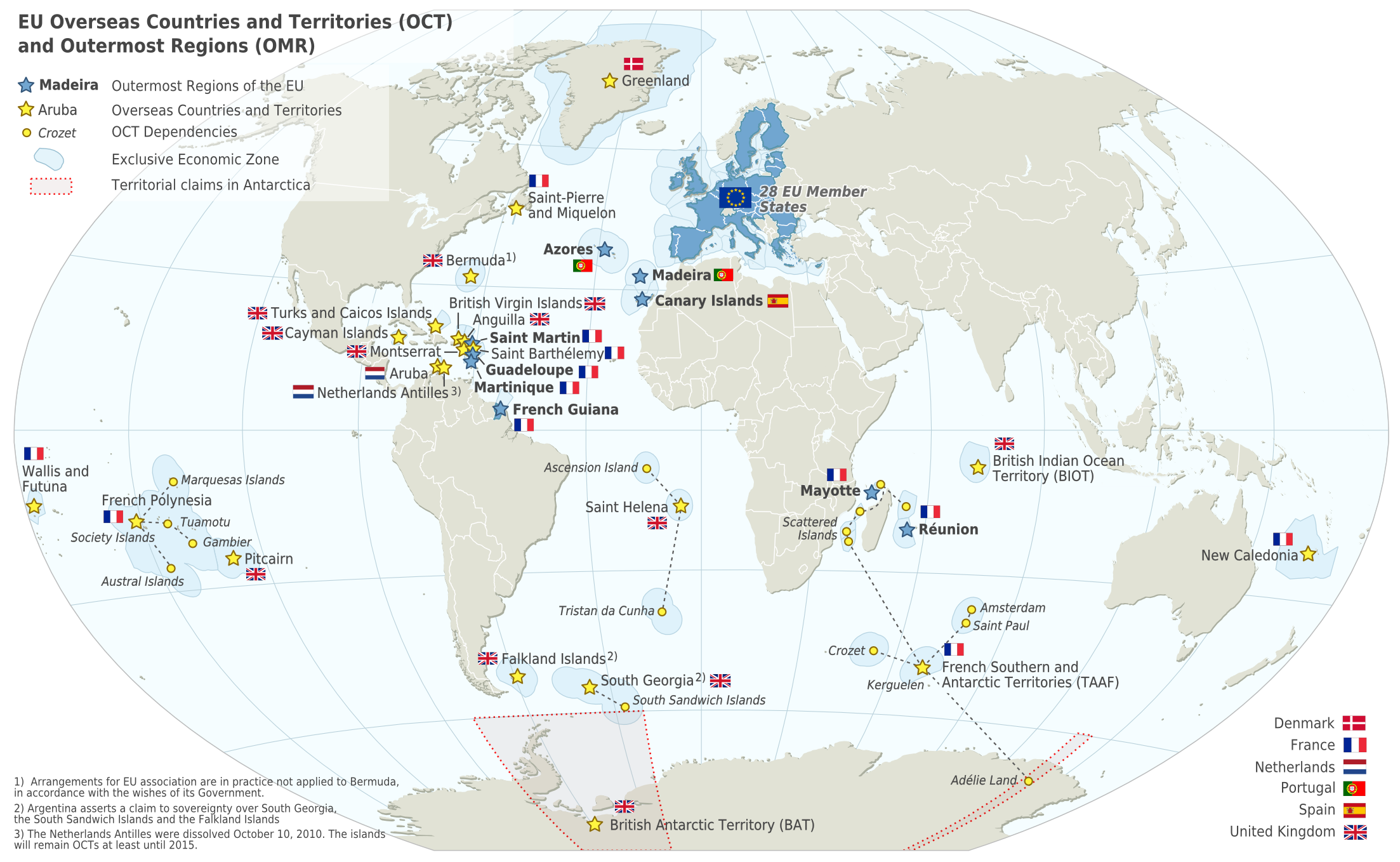|
European Association Of Sugar Manufacturers
The European Association of Sugar Manufacturers (Comité Européen des Fabricants de Sucre - CEFS), founded in 1953 and now headquartered in Brussels, is a European sugar industry association. CEFS members are national sugar-producing companies. CEFS is structured into a permanent secretariat, the CEFS Decision-making bodies and CEFS Working Bodies (two committees and 8 working groups). Mission Through its activities, CEFS aims at ensuring and/or supporting: sustainable sugar production for EU operators, growers, employees, and consumers; the proper functioning of the EU single market; and a level playing field on the world stage. CEFS works inter alia to: * Facilitate the joint analysis and resolution of problems relating to market management, nutrition, environment and sustainability, and trade. * Carry out studies relating to agricultural and technological problems connected with the sugar industry. * Organise meetings of a scientific and/or technical nature. * Collect, to ... [...More Info...] [...Related Items...] OR: [Wikipedia] [Google] [Baidu] |
Brussels
Brussels (french: Bruxelles or ; nl, Brussel ), officially the Brussels-Capital Region (All text and all but one graphic show the English name as Brussels-Capital Region.) (french: link=no, Région de Bruxelles-Capitale; nl, link=no, Brussels Hoofdstedelijk Gewest), is a region of Belgium comprising 19 municipalities, including the City of Brussels, which is the capital of Belgium. The Brussels-Capital Region is located in the central portion of the country and is a part of both the French Community of Belgium and the Flemish Community, but is separate from the Flemish Region (within which it forms an enclave) and the Walloon Region. Brussels is the most densely populated region in Belgium, and although it has the highest GDP per capita, it has the lowest available income per household. The Brussels Region covers , a relatively small area compared to the two other regions, and has a population of over 1.2 million. The five times larger metropolitan area of Brusse ... [...More Info...] [...Related Items...] OR: [Wikipedia] [Google] [Baidu] |
Sugar Industry
The sugar industry subsumes the production, processing and marketing of sugars (mostly sucrose and fructose). Globally, most sugar is extracted from sugar cane (~80% predominantly in the tropics) and sugar beet (~ 20%, mostly in temperate climate, like in the U.S. or Europe). Sugar is used for soft drinks, sweetened beverages, convenience foods, fast food, candy, confectionery, baked products, and other sweetened foods. Sugarcane is used in the distillation of rum. Sugar subsidies have driven market costs for sugar well below the cost of production. As of 2018, 3/4 of world sugar production was not traded on the open market. The global market for sugar and sweeteners was some $77.5 billion in 2012, with sugar comprising an almost 85% share, growing at a compound annual growth rate of 4.6%. Globally in 2018, around 185 million tons of sugar was produced, led by India with 35.9 million tons, followed by Brazil and Thailand. There are more than 123 sugar-producing coun ... [...More Info...] [...Related Items...] OR: [Wikipedia] [Google] [Baidu] |
Secretariat (administrative Office)
The secretariat of an international organization is the department that fulfils its central administrative or general secretary duties. The term is especially associated with governments and intergovernmental organizations such as the United Nations, although some non-governmental organizations (for example, the International Organization for Standardization) also refer to their administrative department as their secretariat. The building or office complex that houses such a department may also be referred to as its secretariat or secretariat building. Most secretariats of international organisations operate on the principal of extra-territoriality which means the staff are not - in their workplace - governed by the laws of the countries in which they are situated. This means the staff are governed by the staff regulations and this situation plus the requirement of most international organisations that the secretarits are multi-national in composition creates beaucratic and admin ... [...More Info...] [...Related Items...] OR: [Wikipedia] [Google] [Baidu] |
Sustainability
Specific definitions of sustainability are difficult to agree on and have varied in the literature and over time. The concept of sustainability can be used to guide decisions at the global, national, and individual levels (e.g. sustainable living). Sustainability is commonly described as having three dimensions (also called pillars): environmental, economic, and social. Many publications state that the environmental dimension (also called "planetary integrity" or "ecological integrity") is the most important, and, in everyday usage, "sustainability" is often focused on countering major environmental problems, such as climate change, loss of biodiversity, loss of ecosystem services, land degradation, and air and water pollution. Humanity is now exceeding several "planetary boundaries". A closely related concept is that of sustainable development, and the terms are often used synonymously. However, UNESCO distinguishes the two thus: "''Sustainability'' is often thought of as a lon ... [...More Info...] [...Related Items...] OR: [Wikipedia] [Google] [Baidu] |
European Union
The European Union (EU) is a supranational political and economic union of member states that are located primarily in Europe. The union has a total area of and an estimated total population of about 447million. The EU has often been described as a '' sui generis'' political entity (without precedent or comparison) combining the characteristics of both a federation and a confederation. Containing 5.8per cent of the world population in 2020, the EU generated a nominal gross domestic product (GDP) of around trillion in 2021, constituting approximately 18per cent of global nominal GDP. Additionally, all EU states but Bulgaria have a very high Human Development Index according to the United Nations Development Programme. Its cornerstone, the Customs Union, paved the way to establishing an internal single market based on standardised legal framework and legislation that applies in all member states in those matters, and only those matters, where the states have agreed to act ... [...More Info...] [...Related Items...] OR: [Wikipedia] [Google] [Baidu] |
Nutrition
Nutrition is the biochemical and physiological process by which an organism uses food to support its life. It provides organisms with nutrients, which can be metabolized to create energy and chemical structures. Failure to obtain sufficient nutrients causes malnutrition. Nutritional science is the study of nutrition, though it typically emphasizes human nutrition. The type of organism determines what nutrients it needs and how it obtains them. Organisms obtain nutrients by consuming organic matter, consuming inorganic matter, absorbing light, or some combination of these. Some can produce nutrients internally by consuming basic elements, while some must consume other organisms to obtain preexisting nutrients. All forms of life require carbon, energy, and water as well as various other molecules. Animals require complex nutrients such as carbohydrates, lipids, and proteins, obtaining them by consuming other organisms. Humans have developed agriculture and cooking to replace for ... [...More Info...] [...Related Items...] OR: [Wikipedia] [Google] [Baidu] |
White Sugar
White sugar, also called table sugar, granulated sugar, or regular sugar, is a commonly used type of sugar, made either of beet sugar or cane sugar, which has undergone a refining process. Description The refining process completely removes the molasses to give the white sugar, sucrose. It has a purity higher than 99.7%. Its molecular formula is . White sugars produced from sugar cane and sugar beet are chemically indistinguishable: it is possible, however, to identify its origin through a carbon-13 analysis. White sugar (and some brown sugar) produced from sugar cane may be refined using bone char by a few sugar cane refiners. For this reason white sugar from sugar cane may not be vegan. Beet sugar has never been processed with bone char and is vegan. From a chemical and nutritional point of view, white sugar does not contain—in comparison to brown sugar—some minerals (such as calcium, potassium, iron and magnesium) present in small quantities in molasses. The only detec ... [...More Info...] [...Related Items...] OR: [Wikipedia] [Google] [Baidu] |
Switzerland
). Swiss law does not designate a ''capital'' as such, but the federal parliament and government are installed in Bern, while other federal institutions, such as the federal courts, are in other cities (Bellinzona, Lausanne, Luzern, Neuchâtel, St. Gallen a.o.). , coordinates = , largest_city = Zürich , official_languages = , englishmotto = "One for all, all for one" , religion_year = 2020 , religion_ref = , religion = , demonym = , german: Schweizer/Schweizerin, french: Suisse/Suissesse, it, svizzero/svizzera or , rm, Svizzer/Svizra , government_type = Federalism, Federal assembly-independent Directorial system, directorial republic with elements of a direct democracy , leader_title1 = Federal Council (Switzerland), Federal Council , leader_name1 = , leader_title2 = , leader_name2 = Walter Thurnherr , legislature = Fe ... [...More Info...] [...Related Items...] OR: [Wikipedia] [Google] [Baidu] |
French Overseas Departments
The overseas departments and regions of France (french: départements et régions d'outre-mer, ; ''DROM'') are departments of France that are outside metropolitan France, the European part of France. They have exactly the same status as mainland France's regions and departments. The French Constitution provides that, in general, French laws and regulations (France's civil code, penal code, administrative law, social laws, tax laws, etc.) apply to French overseas regions the same as in metropolitan France, but can be adapted as needed to suit the region's particular needs. Hence, the local administrations of French overseas regions cannot themselves pass new laws. As integral parts of France and the European Union, overseas departments are represented in the National Assembly, Senate, and Economic and Social Council, vote to elect members of the European Parliament (MEP), and also use the euro as their currency. The overseas departments and regions are not the same as the over ... [...More Info...] [...Related Items...] OR: [Wikipedia] [Google] [Baidu] |
Sugar Organizations
Sugar is the generic name for sweet-tasting, soluble carbohydrates, many of which are used in food. Simple sugars, also called monosaccharides, include glucose, fructose, and galactose. Compound sugars, also called disaccharides or double sugars, are molecules made of two bonded monosaccharides; common examples are sucrose (glucose + fructose), lactose (glucose + galactose), and maltose (two molecules of glucose). White sugar is a refined form of sucrose. In the body, compound sugars are hydrolysed into simple sugars. Longer chains of monosaccharides (>2) are not regarded as sugars, and are called oligosaccharides or polysaccharides. Starch is a glucose polymer found in plants, the most abundant source of energy in human food. Some other chemical substances, such as glycerol and sugar alcohols, may have a sweet taste, but are not classified as sugar. Sugars are found in the tissues of most plants. Honey and fruits are abundant natural sources of simple sugars. Sucrose ... [...More Info...] [...Related Items...] OR: [Wikipedia] [Google] [Baidu] |
Lobbying In Europe
In politics, lobbying, persuasion or interest representation is the act of lawfully attempting to influence the actions, policies, or decisions of government officials, most often legislators or members of regulatory agencies. Lobbying, which usually involves direct, face-to-face contact, is done by many types of people, associations and organized groups, including individuals in the private sector, corporations, fellow legislators or government officials, or advocacy groups (interest groups). Lobbyists may be among a legislator's constituencies, meaning a voter or bloc of voters within their electoral district; they may engage in lobbying as a business. Professional lobbyists are people whose business is trying to influence legislation, regulation, or other government decisions, actions, or policies on behalf of a group or individual who hires them. Individuals and nonprofit organizations can also lobby as an act of volunteering or as a small part of their normal job. Govern ... [...More Info...] [...Related Items...] OR: [Wikipedia] [Google] [Baidu] |






